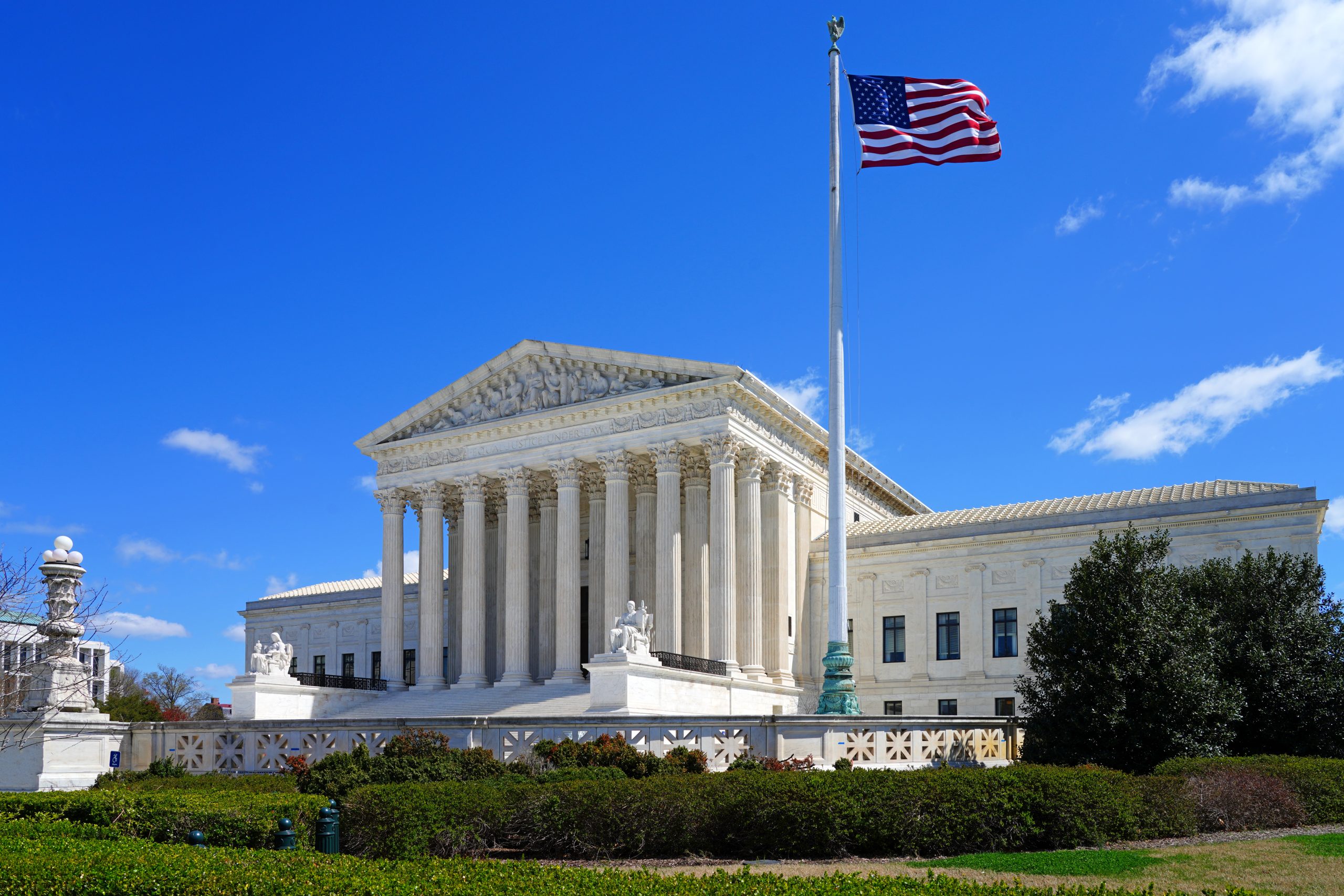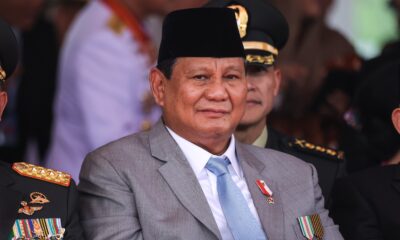Justice Gorsuch Delivers Strike Against Governmental Overreach

Supreme Court Justice Neil Gorsuch has issued a stern rebuke of the government’s use of pandemic emergency powers. In a blistering eight-page statement issued in Arizona v. Mayorkas last Thursday, Gorsuch argues the executive response to the Covid-19 pandemic was a disconcerting trespass on the civil liberties of Americans.
Gorsuch criticized the federal government for capitalizing on fear and the pursuit of safety as powerful tools to seize authority. This maneuver culminated in what he called “the greatest intrusions on civil liberties in the peacetime history of this country.”
The Justice delivered a damning account of how the government disrupted Americans’ daily lives. He portrayed a grim picture of government overreach, from forced business, school, and church closures to warrantless surveillance in church parking lots. Notably, he emphasized how restrictions were unevenly applied, favoring certain sectors like casinos while limiting others.
The timing of Gorsuch’s statement is particularly notable as it came during the Supreme Court’s dismissal of a case seeking to restore Title 42. This regulation, which the Biden administration allowed to expire, was previously invoked to expel illegal migrants quickly at the southern border without granting them asylum opportunities.
Gorsuch’s statement reflects an understanding of the delicate balance between public safety and civil liberties. He wrote, “Fear and the desire for safety are powerful forces. They can lead to a clamor for action—almost any action—as long as someone does something to address a perceived threat.” This resonates with traditional Americans who value individual liberties and are wary of a government that promises safety in exchange for freedom.
But this moment also offers an opportunity to learn and grow, according to Gorsuch. He highlighted the need for the three branches of government – the executive, legislative, and judicial – to review their roles and responsibilities during a crisis. He noted that these bodies, intended to protect our liberties, too often fell silent or became part of the problem.
The conservative Justice specifically urged state legislatures to scrutinize the scope of emergency executive powers and expressed hope that the judiciary would not permit litigants to manipulate their docket to perpetuate a decree meant for one emergency to tackle another.
His statement also gives food for thought on what constitutes an “emergency.” During the pandemic, the term “emergency” was stretched to include policy issues unrelated to the immediate public health crisis, giving rise to arguably unnecessary restrictions.
The American people must learn from this pandemic chapter. The government is not an omnipotent entity capable of solving all problems. The concentration of power in a few hands can lead to inefficient governance, and unchecked executive power can significantly encroach on civil liberties.
Through his unwavering stand, Justice Gorsuch reminds us that the government should not capitalize on fear and the pursuit of safety to seize authority that intrudes upon civil liberties. His call for vigilance is more than a critique of past actions; it’s a call to action, a plea to the American people to guard their liberties and hold their government accountable.
























